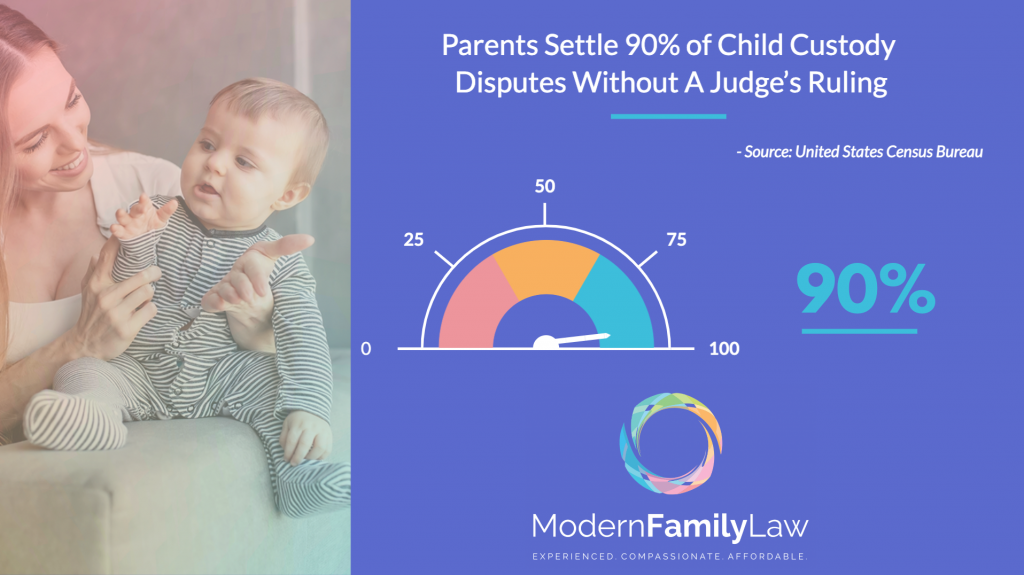Top 10 Co-Parenting Do’s
1. Keep the Focus On the Kid
This is the most important thing you can do is a co-parent, and that’s why it’s number 1. The entire purpose of this co-parenting enterprise is to raise a healthy, happy, safe kid. That always has to be your top priority. Anytime you are looking at a decision the first thing you should ask is “what does this do for my child?” Whether you like it or hate it is of far less value than if it is what your kid needs. Don’t get so caught up in combat with your ex that you forget what you should be fighting for. It can’t be about ego and winning, it has to be about the best interest of your child. For more information read our strategies for putting children first when dealing with a toxic ex.
2. Let Go of The Past
This one is one of the hardest things for new co-parent’s to do. You have to realize that you are in a new and different kind of relationship than before. You and your co-parent are no longer intimate partners, you may not even be friends, but you are and will forever be parents of your child. That means you need to get over the hurt and anger that often comes with broken relationships and work on building a new kind of relationship where you can work together. Don’t hold past mistakes or arguments over your co-parents head. If you find yourself saying “You always do…” or “There you go again..” or something similar hold your tongue, take a breath and focus on what’s going on now. Don’t deny reasonable requests to make up for past wrongs, focus on today and the future.
3. Keep Your Co-Parent Informed
In order to be able to do number 4, you have to do this. You need to keep each other up to date about what’s going on in your kids’ lives. This can be as simple as having coffee once a month or emailing regular updates about what is happening. Too much communication is probably better than too little. If you and your co-parent are reasonably technologically savvy you can set up a shared calendar on google or there are numerous websites and products designed to help co-parents work together. Just do a web search for “co-parenting calendar” and you will find plenty of options.
4. Actually, Discuss Things
This doesn’t mean yell at your co-parent about what you want, or argue with them about what they want. You need to actually talk with, and listen to, your co-parent when it comes to issues that need to be addressed. Keep in mind numbers 9 and 10 in your discussions as well. The only way you can work together is if you are actively listening to what your co-parent has to say and addressing those issues.
5. Seek Compromise
Just like with number 6, look for ways to meet everyone’s needs even if it means giving up something else. Try to meet your co-parent in the middle on those issues that you can. Remember this is about your child, not about you or your co-parent “winning”. The goal here is to parent the way that Parents who aren’t involved in the court system do. They don’t have the option of going to a judge if they can’t come to a reasonable decision, so they compromise and work together.






